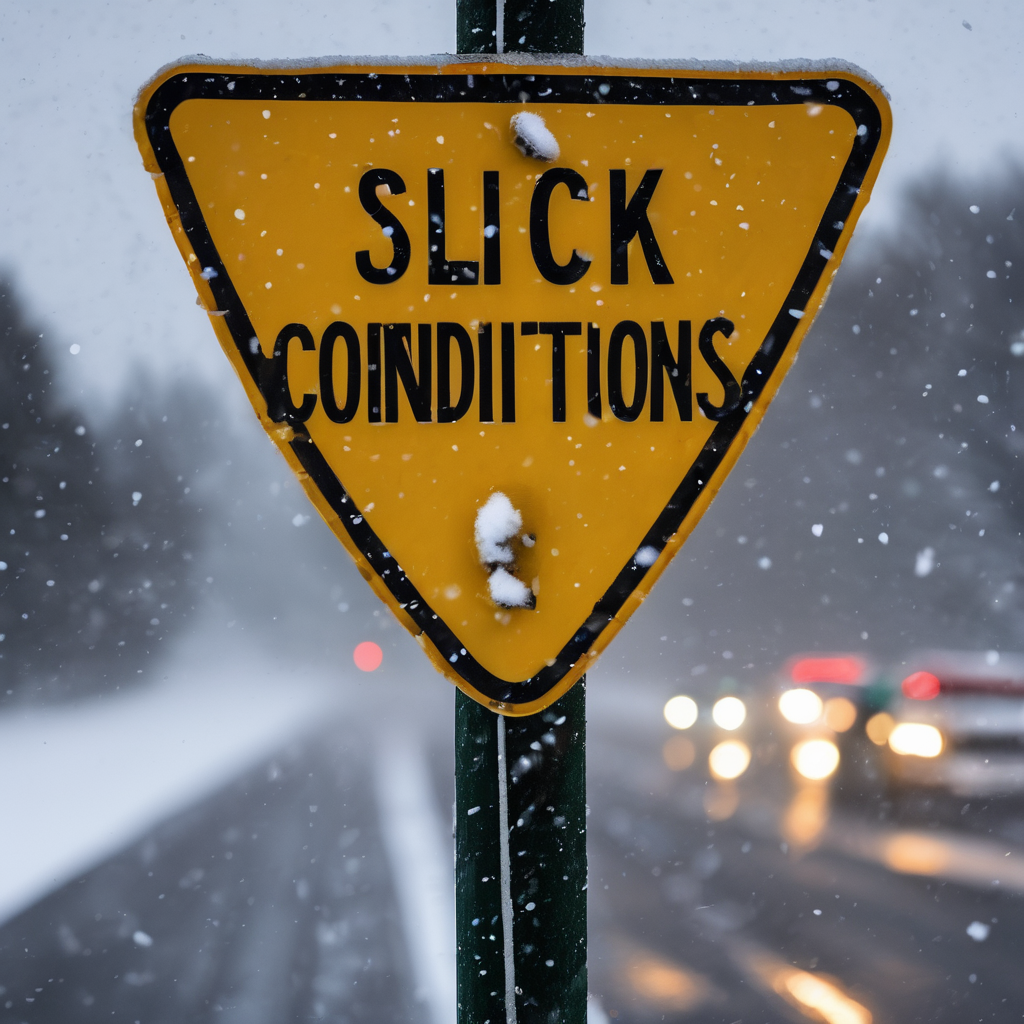Milwaukee, WI – As Wisconsin concludes Winter Weather Awareness Week, the National Weather Service is urging residents to stay informed about one of the most perilous winter hazards: snow squalls. These sudden and intense bursts of snow and wind can lead to drastically reduced visibility and rapidly create icy road conditions.
According to officials from the National Weather Service (NWS) in Milwaukee/Sullivan, snow squalls typically last between 30 to 60 minutes but can produce severe whiteout conditions unexpectedly, even on calm winter days. The most significant danger arises when fast-moving snow bands intersect with high-speed traffic, resulting in the potential for multi-vehicle crashes.
The NWS has identified several critical features associated with snow squalls:
– Intense bursts of snow combined with strong winds
– Brief duration
– Extreme visibility reduction
– Quick deterioration of road conditions
In cases where conditions are conducive to these dangerous squalls, meteorologists may issue a Snow Squall Warning. These alerts usually cover small geographic areas for limited time frames but may also activate Wireless Emergency Alerts on smartphones, akin to tornado or flash flood warnings.
Officials emphasize that when a Snow Squall Warning is in effect, motorists should take immediate precautions by slowing down, turning on their headlights, increasing their following distance, or, if practical, postponing travel altogether. Navigating into a snow squall at highway speeds ranks among the most hazardous winter driving situations.
During Winter Weather Awareness Week, the National Weather Service is dedicated to educating Wisconsinites about severe cold-weather hazards, reminding residents to remain vigilant and review best practices for safe travel as the winter months approach. This proactive approach is vital in helping to reduce risks and ensure safer roads during the snowy season.
